Due to their hormonal imbalances, teenagers often have poor sleep patterns and mood swings. Blue light from digital devices like smartphones makes things a bit worse. Considering how much these teens are obsessed with digital devices, it’s only prudent to find ways to reduce their exposure to blue light. Otherwise, parents may find themselves in situations that are out of hand.
This article will tackle concerns like the blue light sleep myth, is blue light bad for your eyes, how it affects teenager’s mental health, and how to counter these problems.
What Is Blue Light?
Blue light is short-wavelength light with high-energy that’s emitted by the sun and digital devices. The natural blue light is actually good for you because it regulates your circadian rhythm, improves your memory, boosts alertness, and moods. The artificial blue light that comes from smartphones laptops, tablets, LED lights, and flat-screen televisions are not the best. This is because, in addition to the natural blue light, most people spend a lot of time on their gadgets. The exposure extends past sundown until late into the night. This leads to sensory overload on your eyes that can lead to the development of poor sleep, eye problems like macular degeneration, and a host of other physical and psychological issues.
Teenagers are even at a higher risk of these problems because they cannot part with their devices. A study done at King’s College London revealed that 1 in 4 children and young people use their smartphones in a manner similar to behavioural addiction. This study doesn’t even include gaming and watching movies which are also popular with teenagers. Consequently, this translates to too much screen time and is bound to have serious repercussions on teenagers.
How Does Blue Light Affect Sleep?
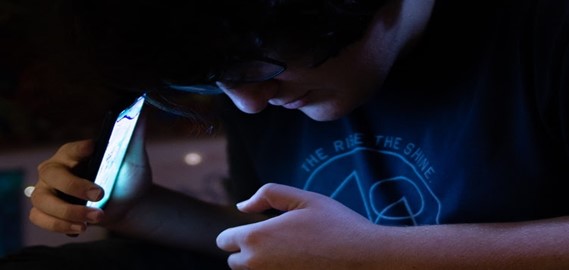
When the sun sets, the eye detects the absence of blue light and sends a message to the brain to trigger the secretion of melatonin. Melatonin is the hormone in the body responsible for inducing you to sleep. This is why you feel drowsy when you stay in a dark room.
In the morning, blue light from the sun penetrates your eye where a photoreceptor called melanopsin that’s sensitive to blue light detects it. A signal is then sent to the brain to stop the secretion of melatonin so you begin to wake up. This is why when the sun shines on your face in the morning, it’s difficult to continue sleeping.
Many teenagers stay up at night watching television or scrolling through social media. This blue light exposure confuses their brain which thinks that it’s still daytime. The brain, therefore, delays the sleeping process and keeps them alert. When they eventually decide to sleep, it eludes them because the body takes time to wind down. If this pattern goes on for too long, the circadian rhythm is altered and they develop chronic insomnia.
Even after sleeping in, the teenager will wake up still feeling tired and grumpy as if they didn’t have a wink of sleep. Poor sleep is not just a problem in itself; it leads to an increased risk of developing illnesses like diabetes, obesity, cardiovascular diseases, and some types of cancer.
How Does Blue Light Cause Anxiety In Teens?
Since blue light upsets the normal sleeping pattern, it also affects moods and mental health which are boosted by proper sleep. Teenagers need more sleep than the average person to remain healthy so when they get poor sleep, it can lead to the development of mood and anxiety disorders. A report published by JAMA Psychiatry supports this hypothesis.
Exposure to artificial blue light also increases the risk of developing depressive disorders and suicidal ideations.
How to Reduce the Effects of Artificial Blue Light
Since blue light from artificial devices can cause such alarming negative consequences on teenagers, it raises the need to reduce their exposure to it. This can be done in the following ways:
Limit Screen Time
It’s difficult for parents to forcefully limit their teenagers’ screen time. They can, however, sensitize them on the dangers of blue light and advise them to reduce their screen time. When they understand the risks they are putting themselves in, they will take the initiative on their own.
Use Blue Light Filters
Blue light filters can be found in various forms which include software filters, screen protectors, and computer glasses.
Software filters are apps that come inbuilt in devices that filter out blue light especially when darkness sets in. They can be set to turn on and off automatically or done manually.
Blue light screen protectors are thin films that are fitted on computers, smartphones, and tablet screens to block blue light from their displays.
Computer glasses are eyewear with special lenses that are designed to filter out blue light before it gets to the eyes.
Teenagers have a long life ahead of them and it would be a shame if it’s wrought by physical and psychological problems. The good news that it’s avoidable by taking the above steps to reduce their blue light exposure.




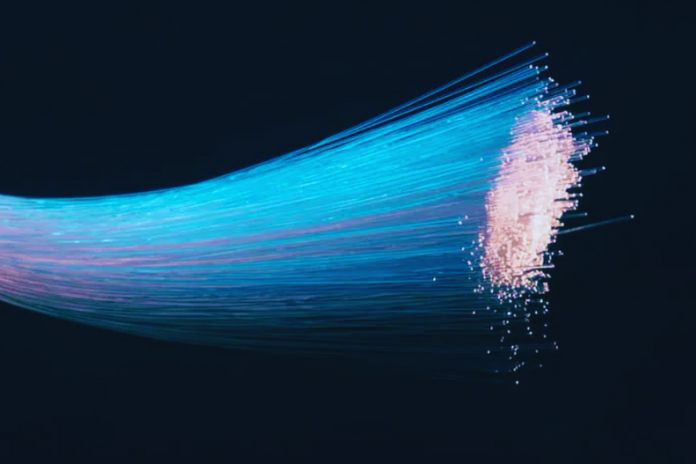


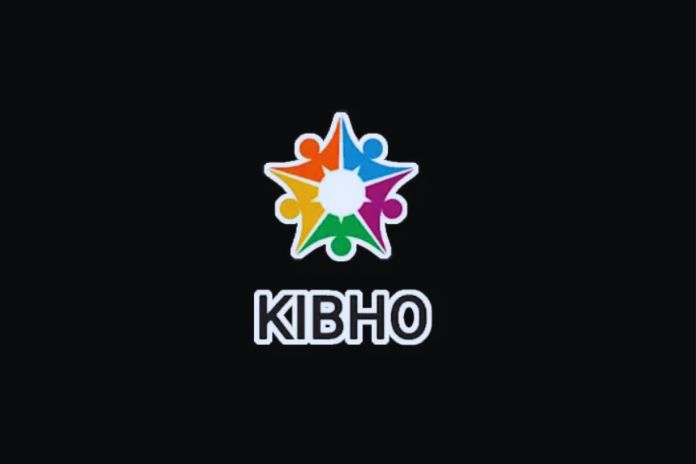
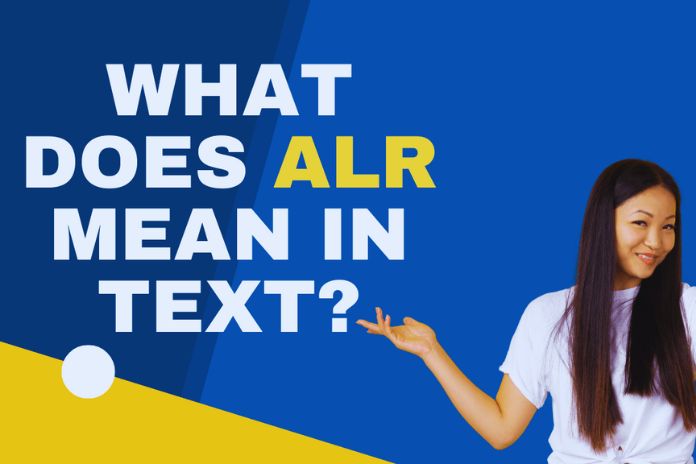
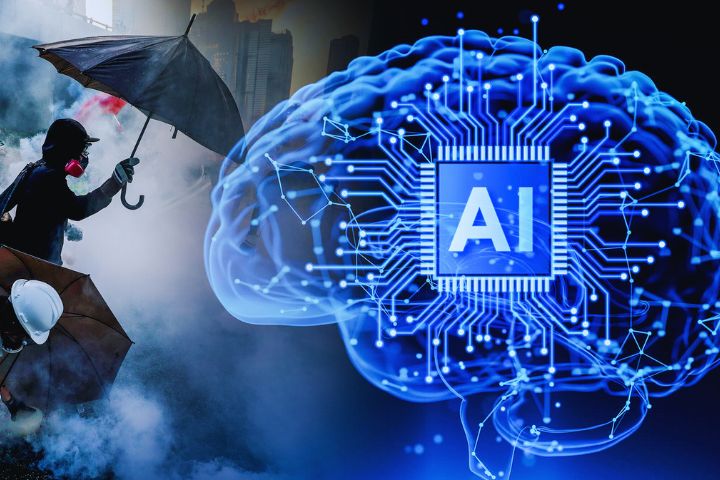
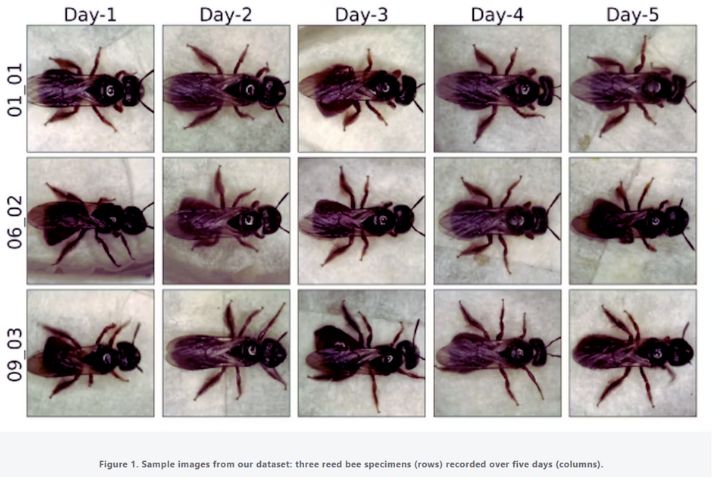

Leave a Reply